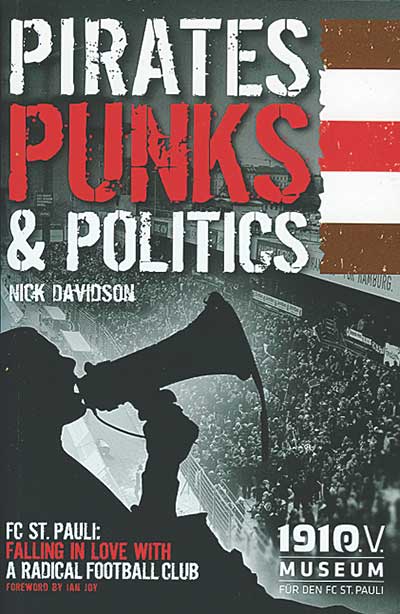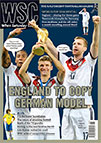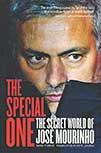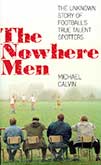 FC St Pauli: Falling in
love with a radical football club
FC St Pauli: Falling in
love with a radical football club
by Nick Davidson
Sportsbooks, £8.99
Reviewed by John Van Laer
From WSC 331 September 2014
It is often held to be one of the unwritten rules governing the life of a football fan that your allegiance, once chosen, remains unchanged. However many now feel priced out of what used to be an affordable form of popular entertainment, while any sort of supporter activism is seen by the clubs as a threat to the sanitised matchday experience. Only very few such people, however, have taken as radical a course of action as Nick Davidson, the author of the first English-language book about FC St Pauli. Once a season-ticket holder at Watford, he drifted away from Vicarage Road, attempting to rekindle the footballing flame by getting involved at his local non-League club. Sadly, the petty politics that blight local football proved equally unappealing and a lifelong interest in the game appeared to be at an end. However, chancing upon an article about St Pauli and deciding to visit the Millerntor stadium for a match in 2007 proved to be a turning point – the essence of this book is about a rediscovered love for football, coupled with the enjoyment of sharing the experience with thousands of like-minded individuals.
What could be described as just a German second division team that happen to be based in the red-light district of Hamburg in fact embodies a political viewpoint and an attitude to football’s place in society that has all but disappeared from the game in England. Over the last 30 years or so, the fan groups from St Pauli have become the most prominently left-wing supporters in German football. The politicisation of football at this working-class club started almost by chance but over time the groups such as Ultras Sankt Pauli have become an important counterpoint to the right-wing influence within some supporters’ groups at clubs such as Rostock, Dortmund and others. Of course, that is not to say that there are no other left-wing fans’ movements in the German game, but those connected with St Pauli are easily the most high-profile and active within the professional game.
Davidson tells the stories of his visits to St Pauli games across Germany in a style that betrays the increasingly partisan nature of his relationship to the club and its fans, while realising that both have their faults. These travelogues are intertwined with information about the history of the club and how the support has developed over the years. As a club St Pauli are not immune to the financial pressures of modern football, and certainly make capital from the iconic Totenkopf (skull and crossbones) emblem, but it is one of the few places where supporters still have effective influence over decisions affecting the future of their club, and are not afraid to voice their opinions. Many fans (and some players) are also actively engaged in political and social causes, both within the local St Pauli district and further afield.
It is hard not to share Davidson’s obvious enthusiasm for his team and the culture that they continue to embody, which he is actively supporting by donating all royalties from this book to the St Pauli Museum project.
 The annual WSC writers’ competition was set up for amateur writers with a legacy left by long-standing contributor David Wangerin, who died in 2012. Submissions had to be based on any aspect of last season. The winner in 2014 was Charlie Monaghan’s account of how diving has infected all levels of the game
The annual WSC writers’ competition was set up for amateur writers with a legacy left by long-standing contributor David Wangerin, who died in 2012. Submissions had to be based on any aspect of last season. The winner in 2014 was Charlie Monaghan’s account of how diving has infected all levels of the game The secret world
of José Mourinho
The secret world
of José Mourinho The unknown story of football’s true talent spotters
The unknown story of football’s true talent spotters The row over Tottenham fans’ use of the word yids has started a wider debate about discriminatory terminology, argues
The row over Tottenham fans’ use of the word yids has started a wider debate about discriminatory terminology, argues